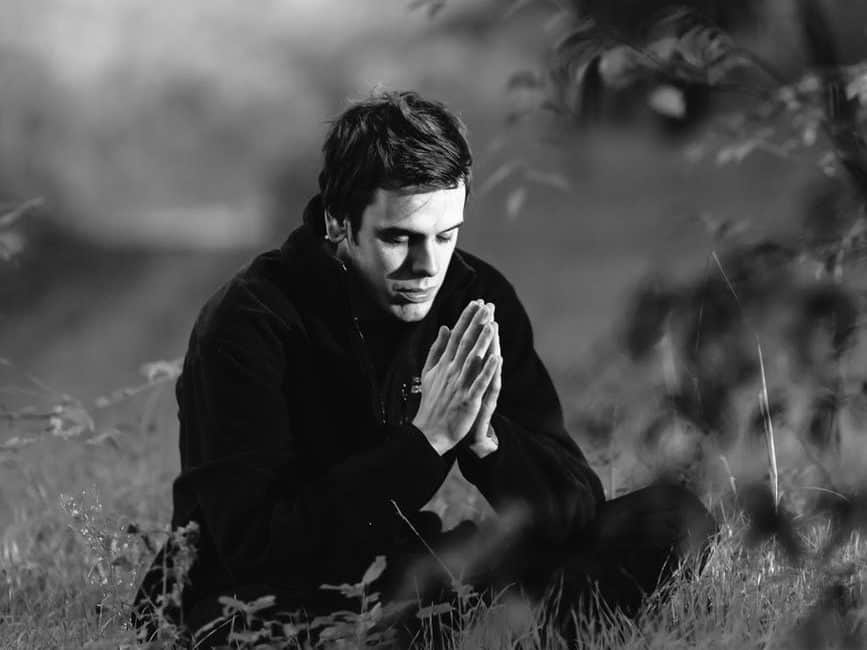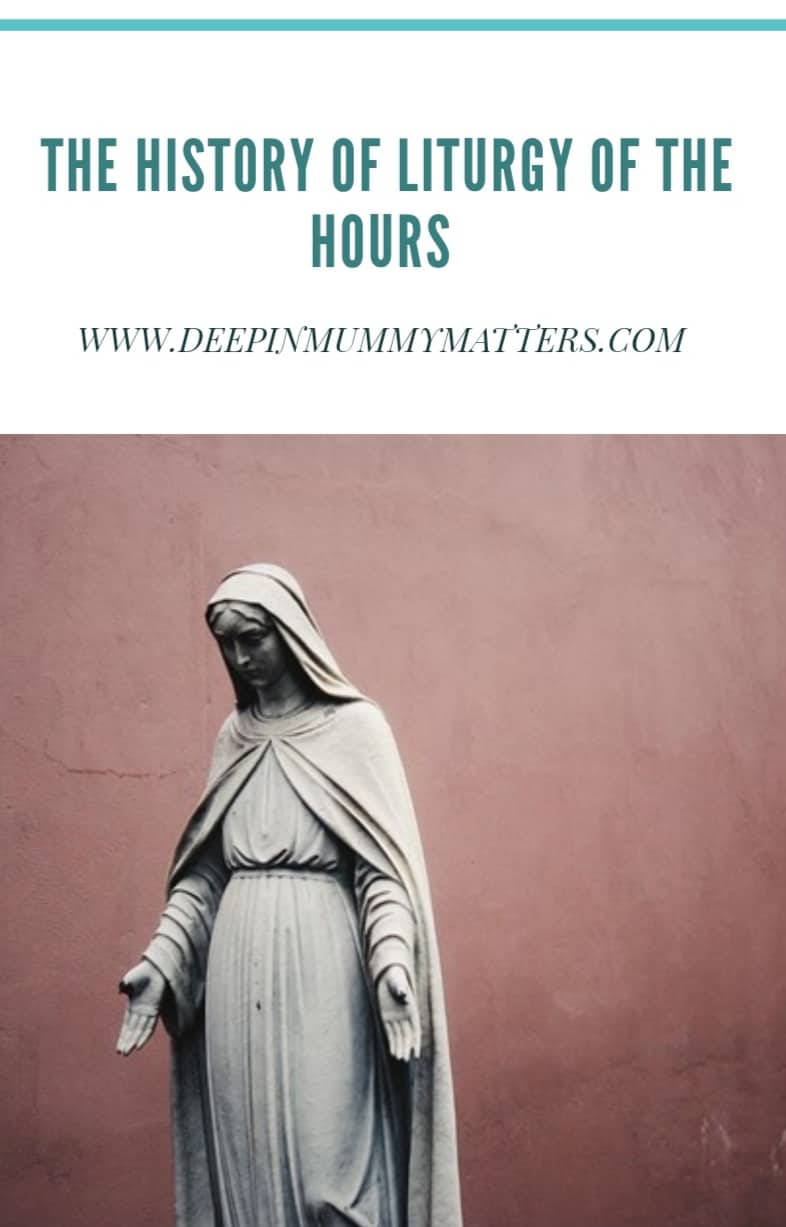Have you ever thought about why it’s traditional to pray in the morning, afternoon, and night? The practice actually dates back to the early days of Judaism, and it was the practices of the Jews that had a direct influence on the Liturgy of the Hours in Christianity. Long before online Bible stories, digital clocks, and city-wide congregations, people measured time by the Sun and Moon, and the only way to hear anything from holy scripture was by mouth or at the temple.
Jewish prayer was to take place on the third, sixth, and ninth hours of the day, which Christians would later adapt into their own faith. The history of Liturgy dates back centuries, but we’re going to take a closer look at the practice and compress it into this single article.

Let’s dive in!
Early Christianity
The Psalms are the real starting point for the Liturgy of the Hours. Jesus knew and recited the Psalms, and even the Jewish people knew them and recited them at very specific times during the day. Jesus recited the Psalms several times throughout his life, even calling out to his Father via these prayers during times of suffering.
The practise of praying the Psalms was adopted by the early Christian Church and brought into the fold during Constantine’s reign. Constantine is the Byzantine Emporer who made the practice of Christianity legal and acceptable and helped to end the barbaric persecution of Christians in the Eastern Roman Empire.
Gathering At The Church
Constantine’s peace brought about more opportunities for early Christians to begin building churches and worshipping in them without worry. They would gather in the morning and at night, both because of the traditions they adopted from the Jewish faith, and because there still had to work during the day.
Praying during these hours just made sense, and helped the Christians to keep track of time. Praying in the morning would be a good omen for the rest of the day, and praying at night allowed for greater reflection on the day’s events and perhaps the sins perpetrated by the worshippers. This practice would follow Christianity well into contemporary times and is still practised by many Christians today.
Christians were encouraged to gather together as often as possible to exalt in Christ’s name and worship as they might, thus, the Liturgy of the Hours evolved as time went on. It’s not meant to be a private act perpetrated in solitude. Liturgy celebrations are public and are supposed to bring large groups of people together.
When Should I Pray?
When it comes to prayer, there isn’t necessarily a rule set on how or when to pray, unless you’re following very specific doctrines. Modern life doesn’t exactly allow for frequent prayer with its fast-paced hustle and bustle, and that’s ok. The important thing to remember, though, is that there’s always time in the day for some form of prayer.
Even if you have to get up early, you need to get your daily prayers in. Don’t feel bad if you miss a day or two, but don’t let it become a habit, either.
Why We Pray

Why do we pray? For many reasons, and, depending on your faith, you may be required to pray a certain number of times in a day to meet your spiritual obligations. People pray for health, wealth and success, to give thanks, or simply to talk to a higher power. Whatever the reason may be, there’s one important reason to pray: to unite with others. You can hop over to this website to get more prayer examples.
Prayer has a way of bringing people together under a common cause, which is what makes it so powerful. Huge congregations of thousands of people are united in prayer to God, and it shows him that we are listening. We are at his mercy, and we respect his plan for us in this life and the next. That’s an important part of being a Christian.
The Future Of Prayer
With technology pushing innovation, prayer isn’t quite the same as it was even fifty years ago. Where once we had to gather in person to pray with a group, we can now gather online. Where once we only had texts to read for prayer and worship, we now have e-books, audio recordings, and streamed sermons. It’s likely that the way we pray will continue to evolve with the technology, but the prayers themselves remain relatively the same.
There’s no reason to deny the changing technology. Things like prayer apps help you track your prayers, discover new prayers, connect with others, and offer unique opportunities to discover new pastors, content, and stories from the Bible. In our busy modern world, sometimes it’s good to have something to remind us to pray and have faith. Otherwise, the practice might fall by the wayside and become secondary to everything else in our lives.

